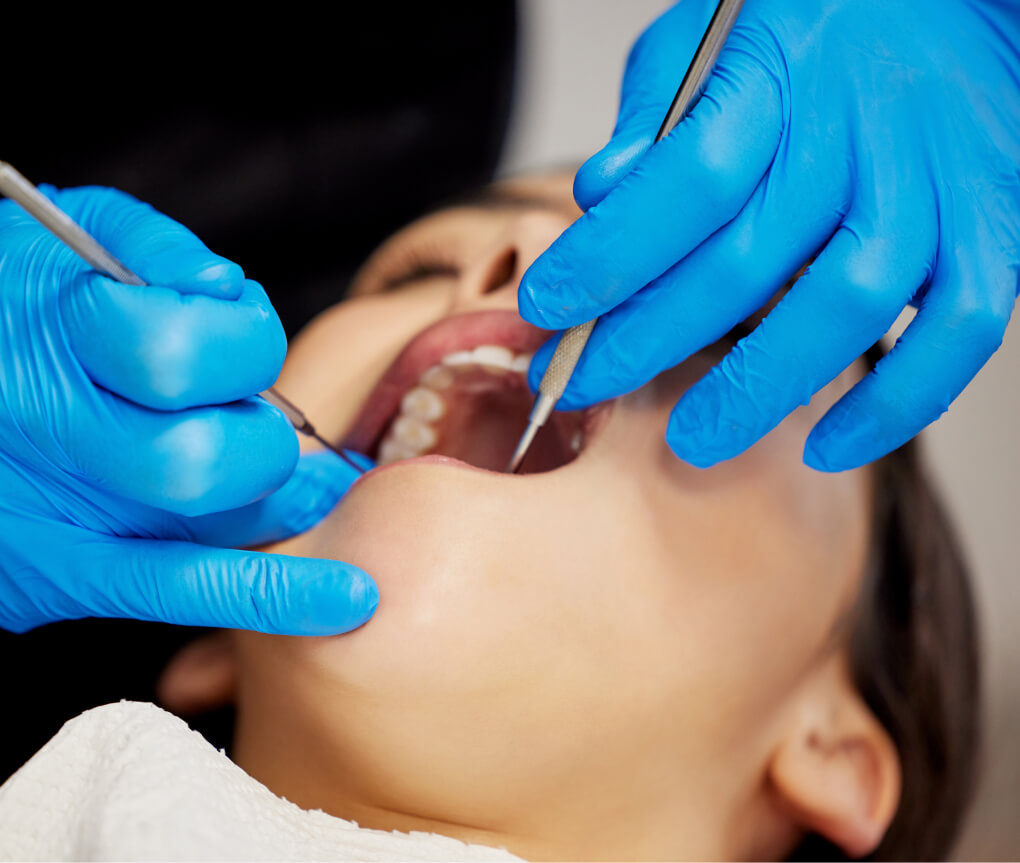

A dental crown becomes necessary when your tooth is too damaged for a simple filling but still worth saving. Here's when a crown is the right solution for your oral health:
Severe Tooth Decay: When a cavity is too large for a filling, a crown covers and protects the remaining healthy tooth structure from further damage.
Cracked or Broken Teeth: Whether from an injury or biting something hard, crowns hold cracked teeth together and prevent the damage from spreading.
After Root Canal Treatment: Root canals remove infected tissue, leaving teeth brittle and vulnerable. A crown provides the strength and protection needed for normal function.
Worn Down Teeth: Years of grinding, clenching, or acid erosion can wear teeth down significantly. Crowns restore proper height and chewing ability while protecting what's left.
Large, Failing Fillings: When old fillings become loose, crack, or take up most of the tooth, a crown provides better long-term protection than replacing the filling.
Cosmetic Enhancement: Severely discolored, misshapen, or poorly positioned teeth can be transformed with crowns for a natural, beautiful appearance.

We are a family dentist who proudly serves patients from the entire Innisfil region:
Wherever you’re coming from, our team is here to help you achieve your best smile.
Our address is:
How long do dental crowns last?
With proper care, dental crowns typically last 10 to 15 years, and many can last even longer. Your crown's lifespan depends on your oral hygiene, eating habits, and regular dental checkups.
Is getting a dental crown painful?
The crown procedure is performed under local anesthesia, so you shouldn't feel pain during treatment. You may experience mild sensitivity for a few days after, which is completely normal.
How long does the crown process take?
Getting a crown usually requires two appointments over 2-3 weeks. The first visit involves preparing the tooth and placing a temporary crown, while the second appointment involves fitting your permanent crown.
Can I eat normally with a dental crown?
Yes! Once your permanent crown is placed and you've adjusted to it, you can eat normally. However, avoid chewing ice, hard candies, or using your teeth as tools to prevent damage.
Will my crown look natural?
Absolutely! Modern crowns are custom-made to match your natural teeth's color, shape, and size. Most people won't be able to tell you have a crown.
How do I care for my dental crown?
Care for your crown just like your natural teeth with regular brushing, flossing, and dental checkups. Good oral hygiene will help your crown last as long as possible.
Can a crown fall off?
While rare, crowns can occasionally come loose due to decay underneath, trauma, or the cement wearing down. If this happens, contact your dentist immediately to avoid damage to the underlying tooth.
Are there alternatives to dental crowns?
Depending on your situation, alternatives might include large fillings, inlays, onlays, or veneers. Your dentist will recommend the best option based on your tooth's condition.
Does insurance cover dental crowns?
Most dental insurance plans cover a portion of crown costs, especially when medically necessary. Check with your insurance provider for specific coverage details.
What's the difference between a crown and a filling?
Fillings repair small areas of decay, while crowns cover the entire visible portion of a damaged tooth. Crowns are used when the damage is too extensive for a filling to be effective.
